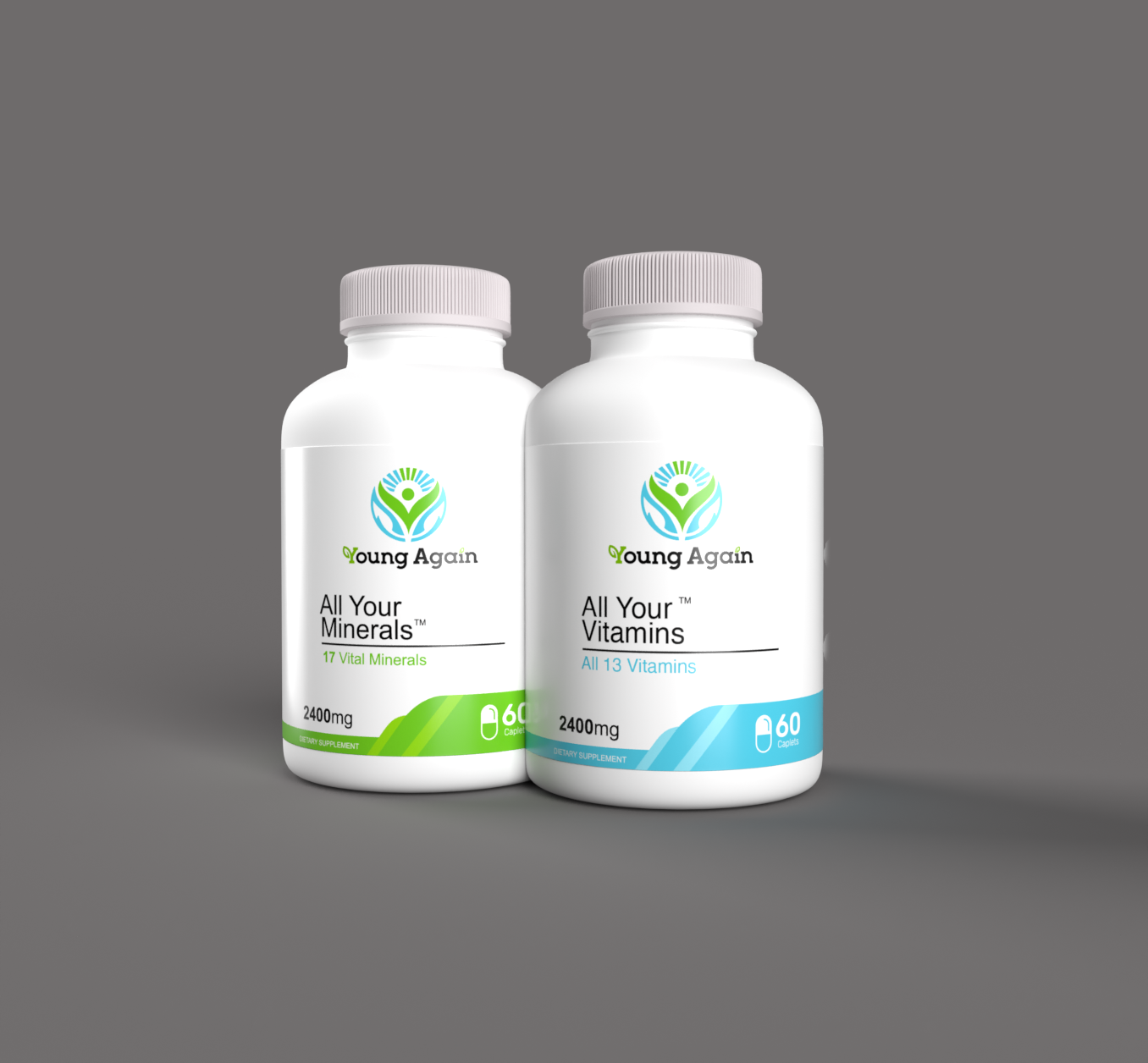Flax Oil Is Amazing Stuff - The best source of omega-3 fatty acids in the world.
Share
All my books recommend flax oil supplements for everyone, including children. Flax is the very best source of omega-3 fatty acids. Omega-3s include alpha linolenic acid (ALA), DHA, and EPA. Plant sources contain linolenic acid. Animal sources contain DHA and EPA. Either one works. Flax is a far better choice than fish (or krill, chia, hemp, etc.) for many reasons. Flax has much more omega-3s than fish oil. Flax oil is much less expensive, and it is easier to find refrigerated brands. Flax oil has a pleasant nutty taste, whereas fish (or krill) oil tastes terrible. Flax is the best source in the world of vital lignans, which are deficient in our diet. 100 g of flax seed contains an incredible 300,000 mcg of lignans. Compare this to 120 for whole wheat, 40 for brown rice, and 185 for cauliflower. Regular flax oil has no lignans, but you can buy "high lignan" flax oil capsules or bulk liquid. Flax is less subject to oxidation by heat, light, and oxygen. Oxidation of any of these oils produce dangerous lipid peroxides, otherwise known as rancidity. Fish and krill oil contain toxic arachidonic acid. Higher blood levels of this are correlated with many illnesses. We are deficient in omega-3 fatty acids, while we eat too many omega-6 fatty acids. Very few foods have much omega-3 content. Grass fed red meat has good levels of ALA, but is full of saturated fat, cholesterol, and animal proteins. Do not take expensive DHA/EPA supplements. Any studies on fish oil equally apply to flax oil, since they both provide omega-3 fatty acids. Definitely you want to take a gram of flax oil daily. Older and sickly people can take 2 grams for six months. This is a supplement for people of all ages, including your children and beloved pets. Flax is especially good for heart and artery health. This includes cholesterol, trigylcerides, HDL, LDL, CRP, UA, Hcys, strokes, hypertension, and heart attacks.You can also do this by regularly eating seafoods. (mg per 100 g portions) like shrimp 400, salmon 1,100, tuna 1,300, whitefish 1,300, bluefish 1,200, oysters 500, pollack 500, rainbow trout 600, cod (300 mg), and many others. English walnuts contain an amazing amount of ALA- 2.6 grams per ounce! Black walnuts are also a good source. Grinding up fresh flax seeds is the ideal way, but very impractical for most people. There are about 0.3% lignans in whole flax seed (300 mg per 100 g). Only flax oil marked "high lignan content" has lignans. You can add an inexpensive capsule of flax lignans to regular flax oil (no lignans) if you want.To learn more about the benefits of flax seed go to www. barleans.com. This is the best source of information on the Internet. They are a fine company, and their bulk 12 oz. flax oil is sold refrigerated. A ½ teaspoon is 2.5 grams, by the way. You must keep it refrigerated. You cannot cook with flax oil, as it will break down. The taste is too assertive to use it on such things as salads. Flax oil contains over 50% actual ALA. A 1,000 mg capsule has about 530 mg of ALA. Fish oil contains about 30% EPA/DHA. A 1,000 mg capsule has about 300 mg of EPA/DHA.
The many human studies from international clinics published in major medical journals on the proven benefits of the omega-3 fatty acids in flax (and fish) oil are simply over-whelming. In Progress in Neuropsychopharmacology & Biological Psychiatry (how's that for a title?) v. 26, 2002, a fascinating study on hyperactive children was done. Hyperactive children, 8-12 years old, with ADD (attention deficit disorder) were given omega-3 fatty acids. They had no other treatment, yet improved significantly in just two weeks. Imagine if they were given whole, healthy food as well? Isn't this an infinitely better choice than doping them up with mind altering amphetamine (e.g. Ritalin, Adderall, etc.) drugs? These drugs destroy the childen's lives permanently.
In the journal Nutrition and Cancer (v. 39, 2001), a study at Oxford University in England found that flax will actually lower dangerous estrogen levels in women. This would also apply to men. This is just amazing. The only other supplements that are known to lower estrogen levels are DIM (diindolyl methane) and 13C (indole-3-carbinol) from cabbage and other cruciferous vegetables (DIM is twice as strong and, thus, half the price). Postmenopausal women were given ground flaxseed. Their levels of estrone (E1) and estradiol (E2) fell significantly, but not their levels of good estriol (E3). Contrary to the conventional wisdom, American women are not deficient in estradiol or estrone at all. Actually, they are generally up to their ears in these two estrogens, but low in estriol. This largely explains the epidemic rates of estrogen-caused cancers, such as uterine, breast, ovarian, and cervical. The other hormones were not affected. This would be just as effective in men as well. Men over 50 generally have higher E1 and E2 levels than their postmenopausal wives. This causes many health problems, especially prostate disease. Read the Estrogen in Men and Women article.
While researching diabetes, there were many references to using flax oil. One example is the Center for Diabetes in Begamo Italy (Clinica Terapeutica v. 144, 1994) the clinicians said, "Omega-3 administration would appear advisable in insulin dependent diabetics with increased cardiovascular risk factors." Flax is recommended in my books. While researching cholesterol, hypertension, and coronary heart disease in general, omega-3 fatty acids were recomended by doctors and researchers all over the world. Flax oil is important in preventing a long list of illnesses.
There are many proven values to taking flax oil, including blood sugar metabolism, digestive issues, women's health in general, coronary artery health, and even various cancers such as breast and prostate. Taking a mere gram of flax oil daily will do wonders for your health in many ways. You must buy this from a company that keeps it refrigerated, and then store it in your refrigerator. (We keep ours in a special cold room with the acidophilus and NAC.) Make flax oil a part of your supplement program.

